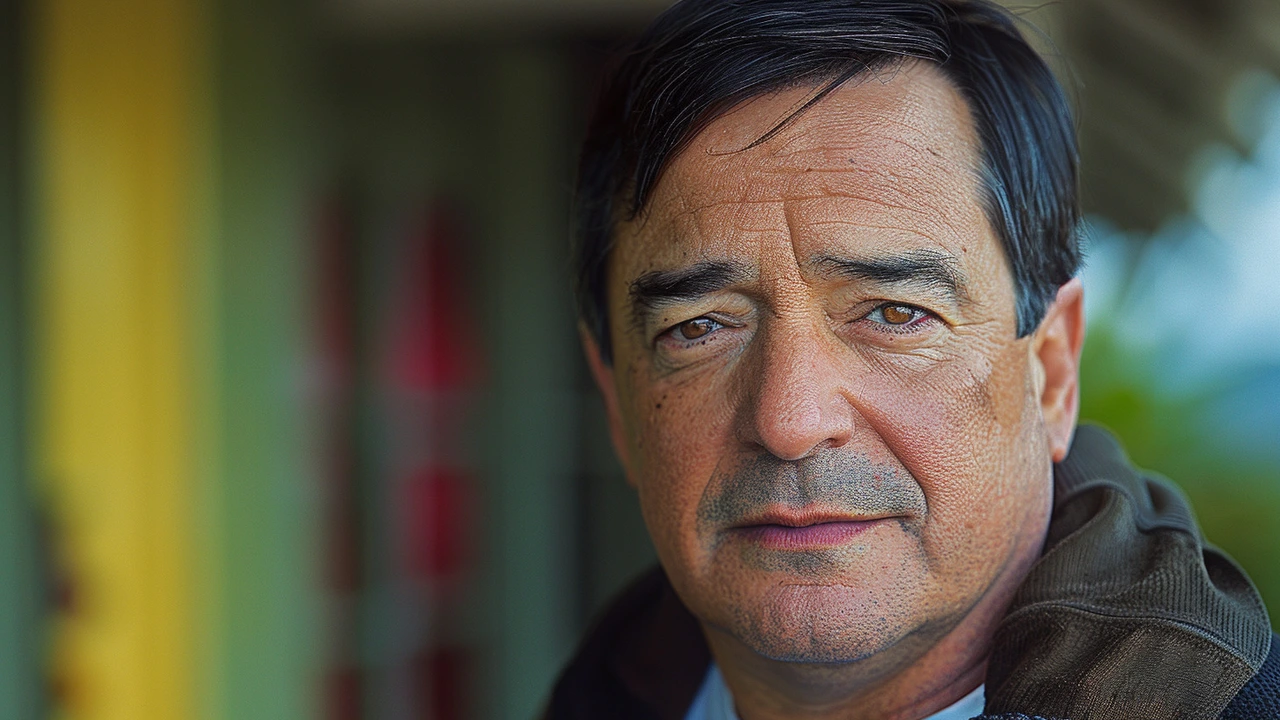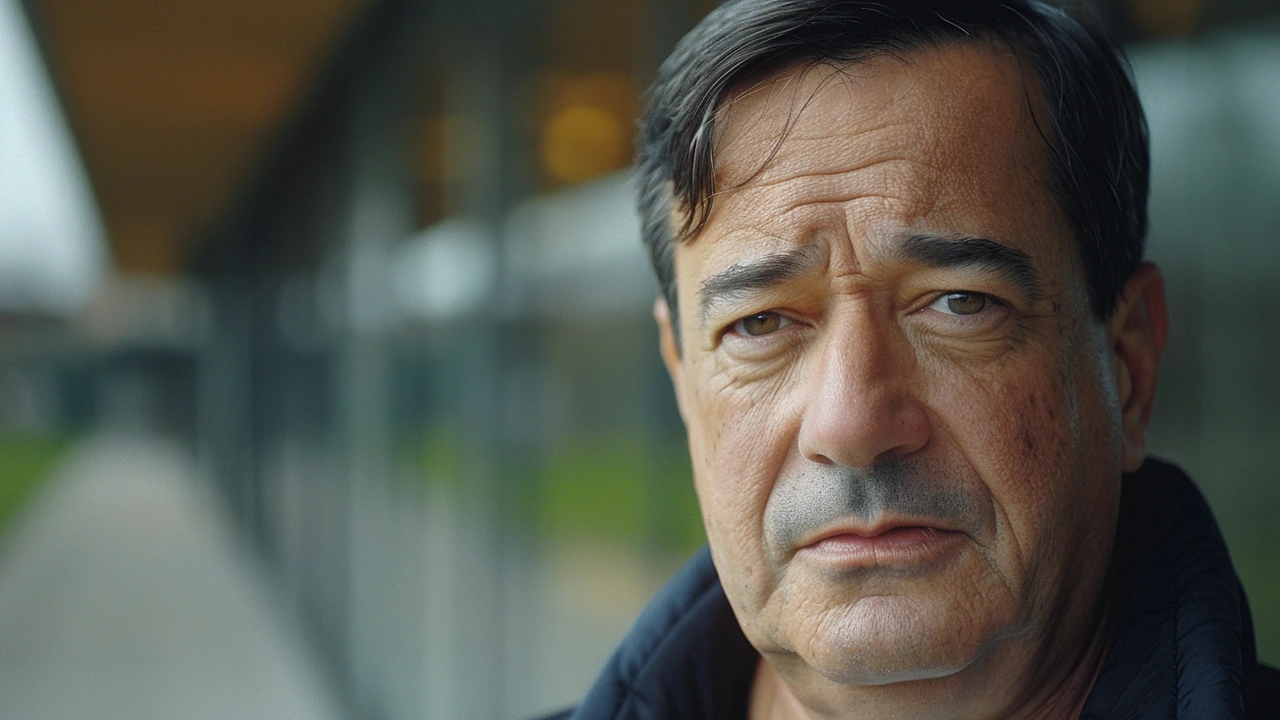National Address Sparks Controversy
The Democratic Alliance (DA) is escalating tensions in South Africa’s political landscape by calling for President Cyril Ramaphosa to be fined for allegedly turning a national address into an African National Congress (ANC) promotional event. According to the DA, during Ramaphosa's national address on May 18, 2024, the President improperly used the platform to advance the ANC's agenda ahead of the critical general elections slated for later this year. This, the DA argues, violates the Electoral Act, which strictly prohibits the use of national addresses for electioneering purposes.
The DA's Allegations
The DA claims that President Ramaphosa utilized state resources to deliver a message that was heavily skewed in favor of his party, the ANC. According to the allegations, the address contained multiple references to the ANC's achievements, plans, and policies, which the DA claims were intended to paint a favorable picture of the party in the minds of voters. The DA’s leader, John Steenhuisen, has been vociferous in demanding accountability, stating that such actions undermine the integrity of South Africa's democratic processes.
The Call for Action
John Steenhuisen, who has been at the forefront of the DA's political campaigns, submitted a formal complaint to the Electoral Commission of South Africa (IEC). In his complaint, Steenhuisen emphasized the gravity of the situation, noting that Ramaphosa's use of a national platform to promote the ANC is both unethical and illegal. He insists that the President should be fined for this alleged violation, invoking the rules laid out in the Electoral Act designed to ensure fair play during election periods.

Legal Framework and Implications
South Africa’s Electoral Act sets clear boundaries for political conduct, particularly during election seasons. The Act explicitly prohibits public officials from using state-funded resources or platforms for campaign purposes. Any breach of these regulations amounts to electioneering, which can attract fines, and could potentially influence the electorate, thereby compromising the fairness of the elections. The DA’s complaint is thus rooted in concerns over fair play and the equitable treatment of all political parties during the election cycle.
The ANC's Perspective
While the DA is firm in its position, the ANC maintains that President Ramaphosa's address was entirely within the bounds of his official duties. According to ANC insiders, the national address focused on key governmental issues, including the economy, national security, and public health, all of which are pressing concerns for South Africans. They argue that any mention of the ANC’s policies was incidental and contextually relevant to the President's broader responsibilities as the head of state.
Public and Political Reactions
The issue has sparked varied reactions across the political spectrum and among the public. Supporters of the DA see the complaint as a necessary step to ensure the sanctity of South Africa's electoral processes. Critics, however, view the move as potentially politicized, suggesting that the DA might be leveraging the situation to gain a competitive edge. Public opinion is similarly divided, with some citizens calling for strict adherence to electoral laws, while others believe that the DA is overreacting to a strategic political address.

What Lies Ahead
The IEC now faces the important task of investigating the complaint and determining whether Ramaphosa's address indeed breached the Electoral Act. The commission's findings will be pivotal, not only for the DA and the ANC but also for setting a precedent for how electoral laws are interpreted and enforced in South Africa. Should the IEC rule in favor of the DA, it could result in significant fines for the President and potentially alter the dynamics of the upcoming elections.
Conclusion
As the country gears up for the 2024 general elections, the controversy over President Ramaphosa’s national address serves as a critical reminder of the delicate balance between governance and political campaigning. The allegations brought forward by the DA underscore the importance of maintaining the integrity of electoral processes and ensuring that all parties adhere to established laws. As South Africans wait for the IEC's decision, the debate continues to highlight the need for transparency and accountability in the nation's political system.

